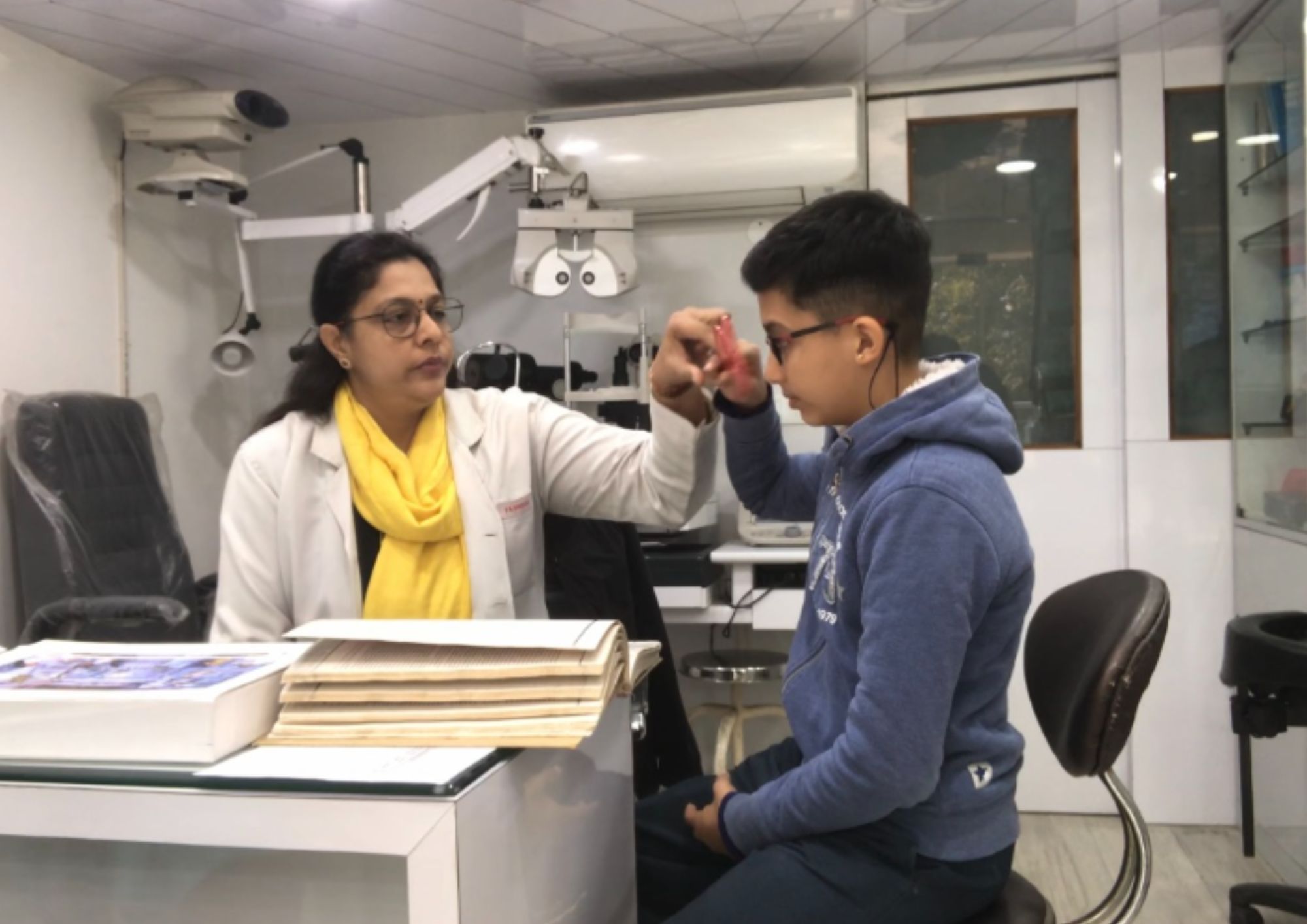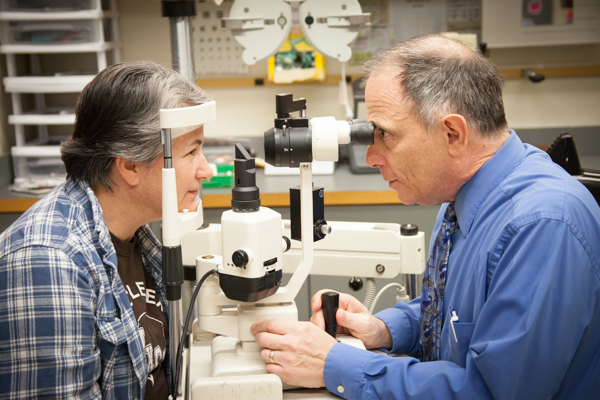Comprehending the Numerous Eye Issues Treated by Specialized Eye Treatment Professionals
In the world of eye care, specialized experts play a critical duty in identifying and dealing with a large range of eye problems. From common refractive errors that influence vision clarity to age-related problems that present challenges as we get older, the experience of these professionals reaches handling vision-threatening diseases and elaborate corneal conditions. The intricacies of neurological eye problems existing distinct challenges that require specialized care. As we start this expedition of the different eye conditions attended to by specialized eye treatment professionals, it comes to be noticeable that the complex web of ocular health holds a myriad of remarkable insights waiting to be revealed.
Common Refractive Errors
Refractive mistakes prevail visual problems triggered by a blemish in the eye's capability to correctly focus light, resulting in obscured vision. The most common sorts of refractive mistakes include myopia (nearsightedness), hyperopia (farsightedness), astigmatism, and presbyopia. Nearsightedness occurs when the eyeball is as well lengthy or the cornea is too curved, causing remote things to appear blurred. Hyperopia, on the various other hand, happens when the eyeball is as well brief or the cornea is too level, resulting in nearby things being out of emphasis. Astigmatism is defined by an irregularly designed cornea, causing altered or blurred vision in any way ranges. Presbyopia is an age-related problem where the lens sheds its adaptability, making it challenging to concentrate on close things.
These refractive mistakes can be remedied through numerous techniques, consisting of spectacles, contact lenses, or refractive surgical procedure. Eye care specialists play a crucial function in detecting and taking care of refractive errors to assist people accomplish clearer vision and boost their high quality of life.
Age-Related Eye Conditions
One of the most widespread age-related eye problems is age-related macular deterioration (AMD), an illness that creates main vision loss and can make activities like reading and driving tough. Cataracts, one more typical problem among older individuals, trigger clouding of the eye's all-natural lens, leading to blurred vision. Regular eye tests with specialized eye care experts are essential for early discovery and monitoring of these age-related eye problems to maintain vision and keep eye health as individuals grow older.
Vision-Threatening Illness
Vision-threatening illness include an array of significant ocular problems that have the potential to dramatically influence a person's vision and total visual function. These diseases pose a threat of irreversible vision loss if not without delay diagnosed and dealt with by specialized eye treatment specialists. Some usual vision-threatening conditions include glaucoma, diabetic retinopathy, age-related macular deterioration (AMD), and retinal detachment.
Glaucoma is a group of eye problems that harm the optic nerve, often as a result of high intraocular stress, bring about outer vision loss and possible loss of sight if left unattended. Diabetic retinopathy is an issue of diabetes mellitus that affects blood vessels in the retina, creating vision disability or blindness. AMD is a dynamic condition affecting the macula, resulting in main vision loss. Retinal detachment takes place when the retina separates from its underlying cells, leading to abrupt vision loss that calls for immediate medical attention (refractive surgeries in al).
Early detection, regular eye exams, and prompt refractive surgeries in al intervention are crucial in handling vision-threatening diseases to maintain eyesight and preserve lifestyle. Specialized eye care experts play an essential role in diagnosing, treating, and handling these problems to avoid permanent vision loss.

Corneal Conditions
Corneal problems encompass a spectrum of conditions that affect the clear front component of the eye, recognized as the cornea. Therapy for corneal disorders differs depending on the details problem yet may include medicines, call lenses, or in extreme instances, corneal transplants. Normal eye tests are essential for early detection and management of corneal disorders to preserve vision and eye health and wellness.
Neurological Eye Problems
Neurological eye conditions entail disorders that influence the connection in between the eyes and the brain, affecting aesthetic handling and overall eye function. These conditions can show up in numerous methods, impacting vision, eye activities, and even the control in between the eyes. One typical neurological eye problem is optic neuritis, identified by swelling of the optic nerve causing vision loss, color desaturation, and pain with eye activity.
One more significant problem is nystagmus, where the eyes make repeated, uncontrolled activities, influencing visual skill and depth assumption. Furthermore, conditions like amblyopia, frequently described as "careless eye," result from unusual aesthetic development in very early childhood, causing reduced vision in one eye.
Neurological eye problems require customized care from professionals like neuro-ophthalmologists that have knowledge in both neurology and ophthalmology. Medical diagnosis frequently entails a thorough eye exam, imaging research studies, and partnership with neurologists to resolve the underlying neurological issues impacting the aesthetic system. Treatment techniques can consist of medication, vision therapy, or in severe cases, surgical treatments to manage these complex conditions effectively.

Final Thought
Finally, specialized eye care specialists deal with a vast array of eye problems, consisting of common refractive mistakes, age-related eye conditions, vision-threatening diseases, corneal problems, and neurological eye conditions - refractive surgeries in al. By understanding these numerous problems and seeking appropriate therapy from eye treatment specialists, people can preserve ideal eye wellness and vision. It is very important to prioritize normal eye exams and follow suggested treatment plans to maintain and secure one's vision for the future